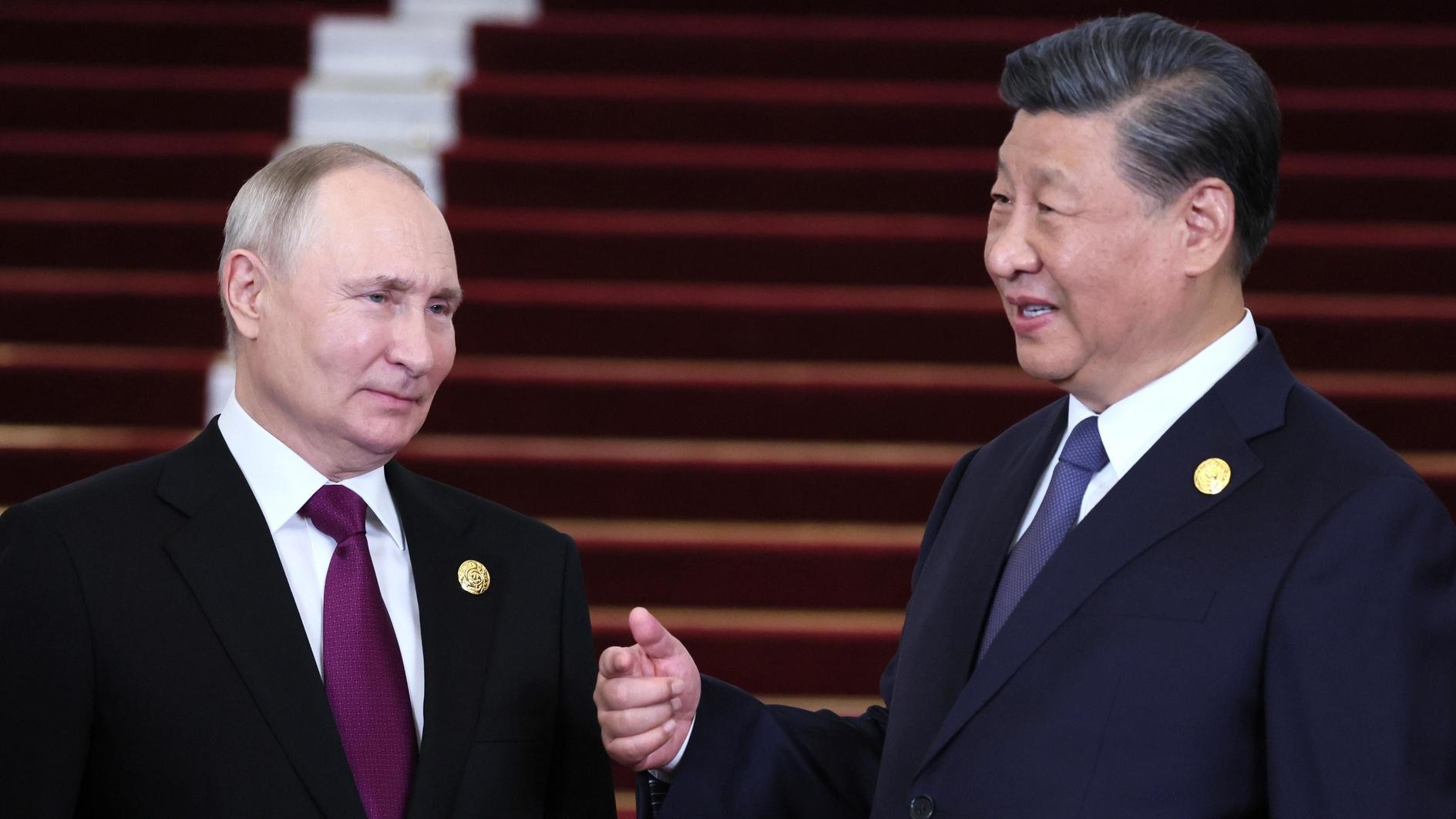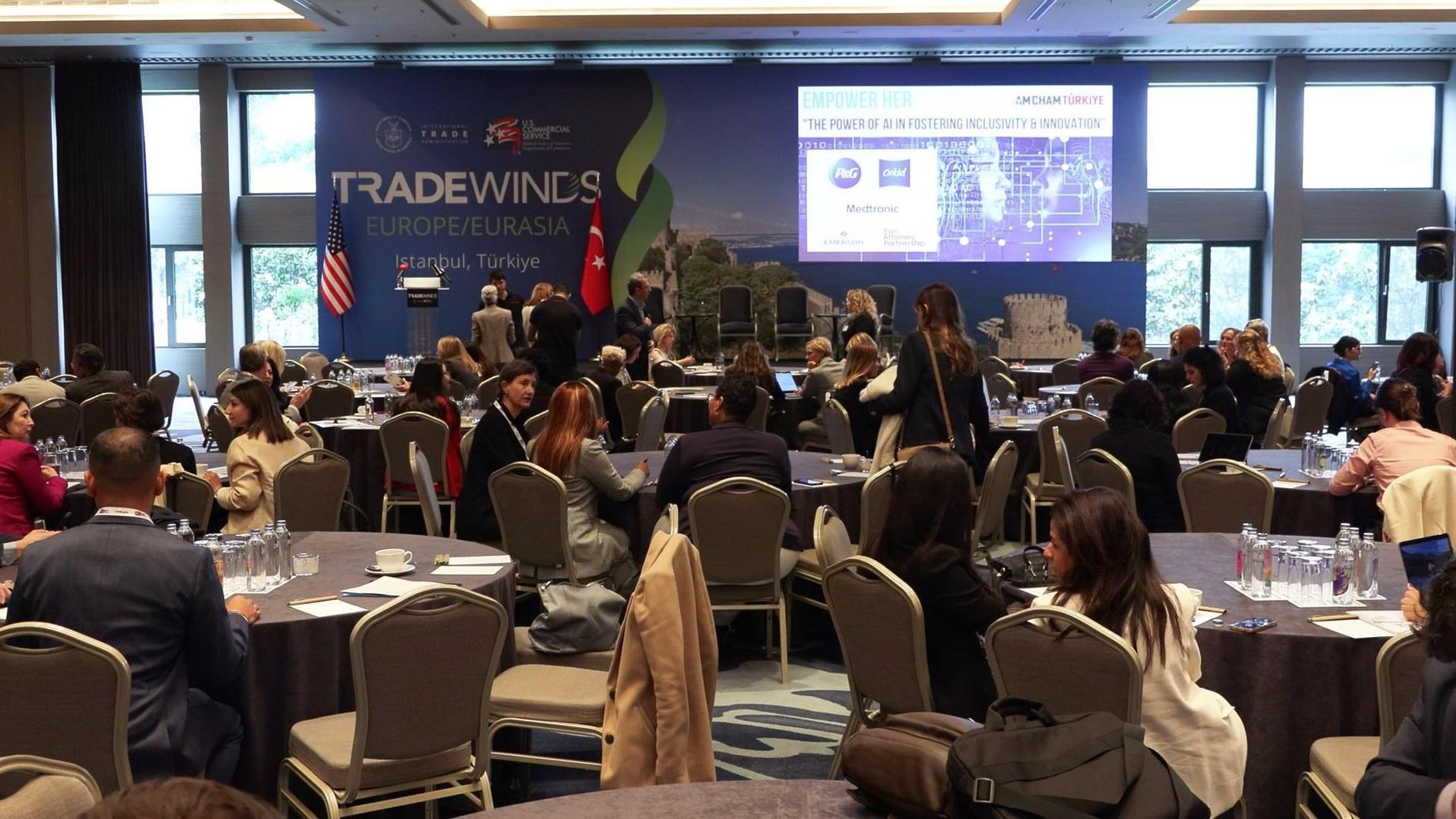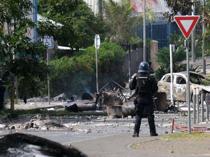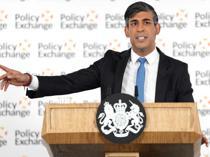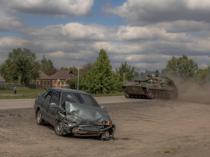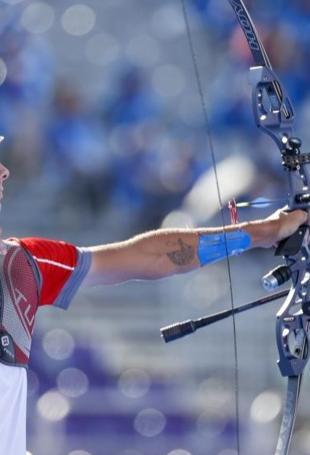South Korea scraps Cup to tackle rigging
SEOUL - Reuters

South Korea players celebrate with their coach Hong Myungbo after defeating Oman in Muscat on Feb 22.
South Korean football officials have scrapped the K-League Cup as part of sweeping changes brought in to avoid a repeat of last year’s damaging match-fixing scandal.After the government waded into the scandal by threatening harsh crackdowns on illegal sports gambling and corruption, the K-League moved quickly to repair the game’s battered image.
“We’ve made extra efforts to ensure fair and transparent officiating,” K-League Commissioner Chung Mong-kyu told South Korea’s Yonhap news agency yesterday.
“Games will be refereed in acceptable and reasonable fashion,” added Chung before the start of the 2012 season this coming weekend.
South Korean football’s image was left battered last year after a probe into match-fixing allegations led to nearly 50 players being arrested. It was the worst scandal to hit the 29-year-old K-League, with a former coach and player, who Korean media linked to the match-fixing ring, found dead in separate incidents after suspected suicides. The government at one point threatened to shut down the K-League altogether unless it cleaned up its act and more recent tough-talking appears to have hastened the new-look format.
Officials decided to drop the K-League Cup altogether with most of the games arrested players tried to fix taking place in the low-key competition, when clubs fielded weakened teams. Games took place on weekdays without television coverage, giving gambling brokers the opportunity to bribe players to fix matches.
Chung also said the K-League would bring in a split system this year, dividing the 16 clubs into two groups of eight based on their records after 30 matches.
They will then play seven more games, once against each other, with the worst two clubs in the lower half relegated to the second division in 2013.
“We believe the split system will keep things interesting until the end,” said Chung. “Teams will stay competitive.”


